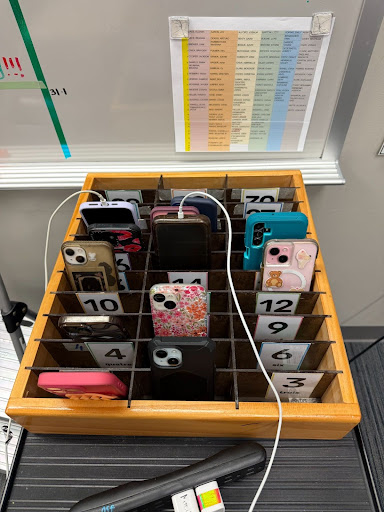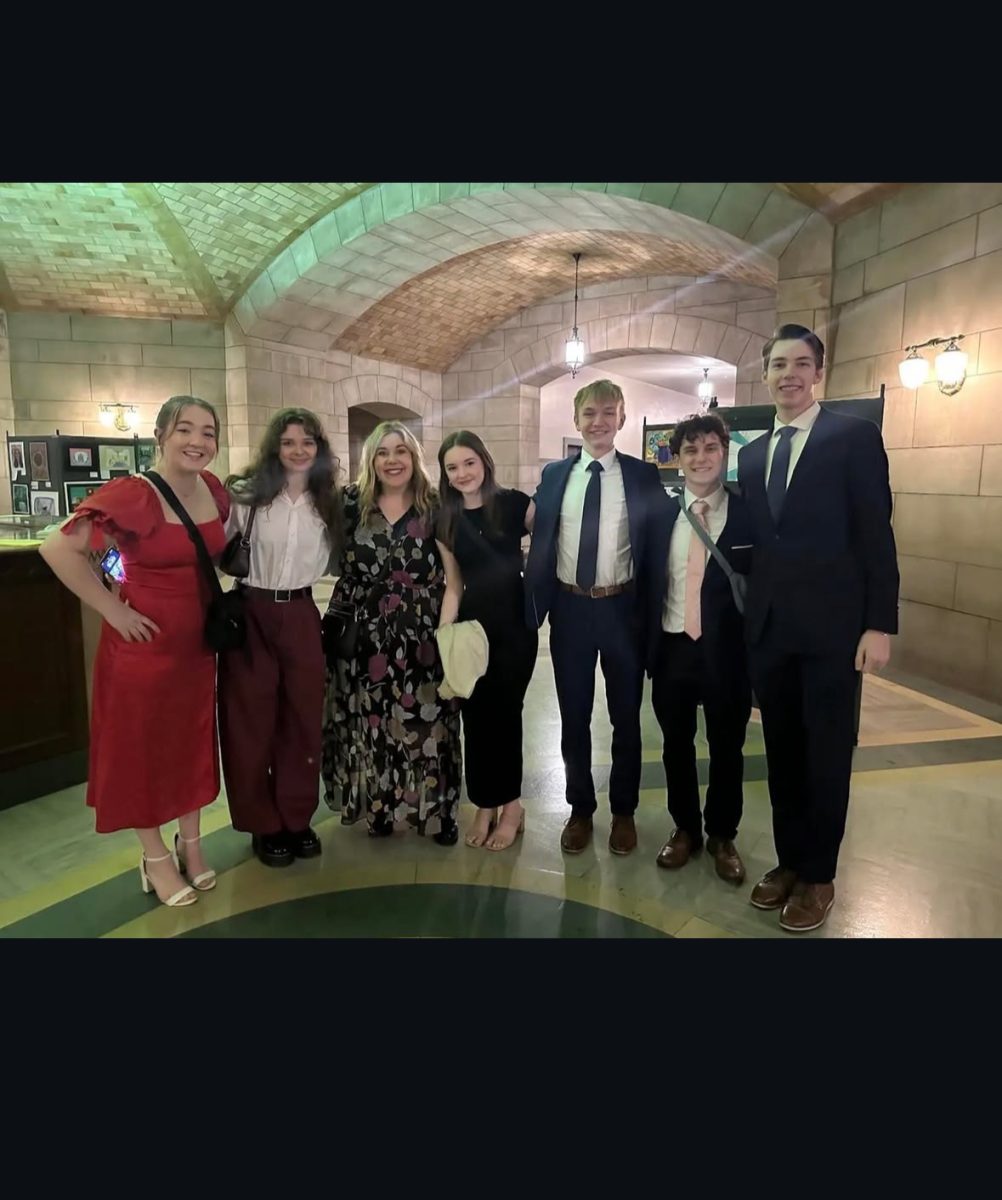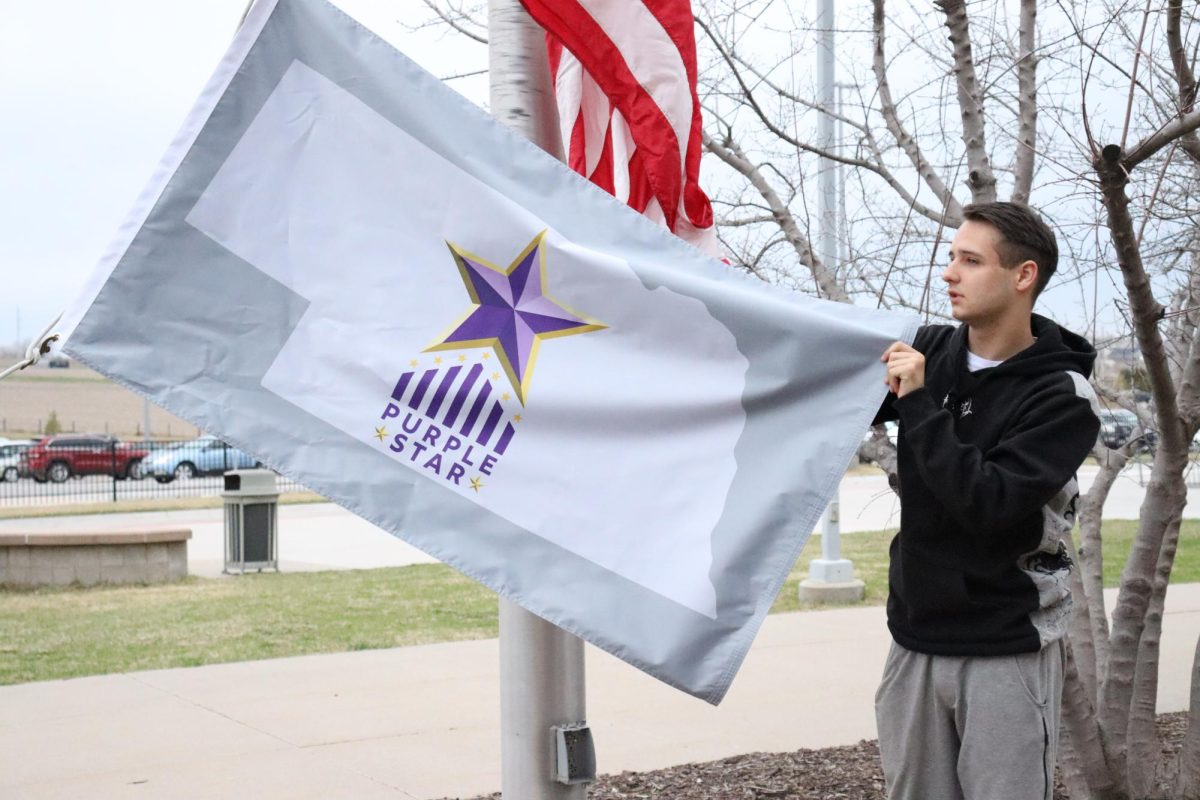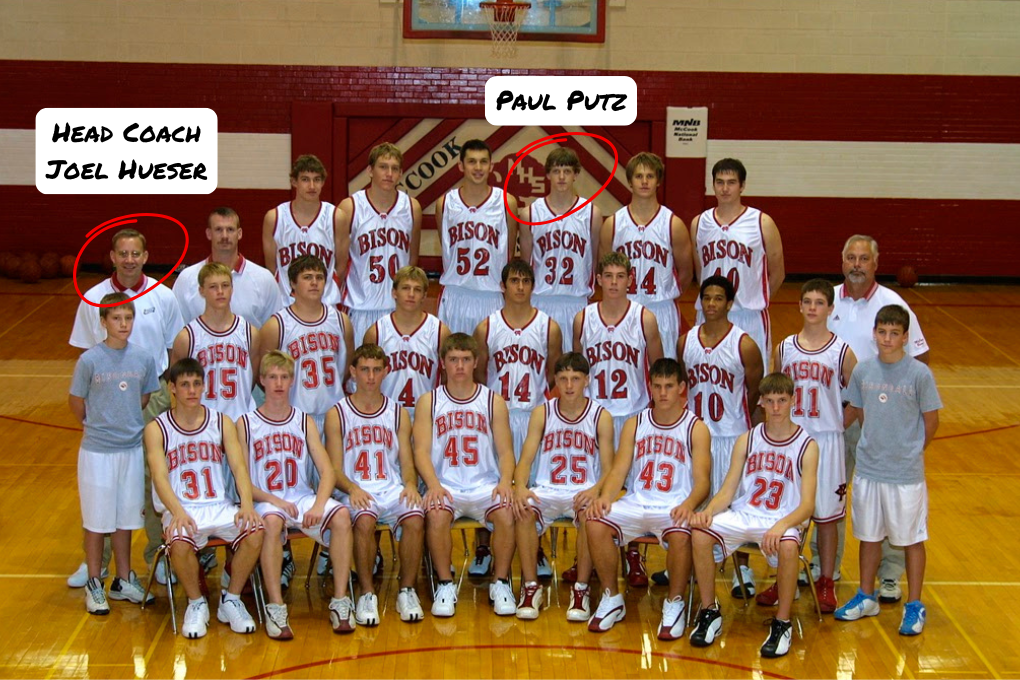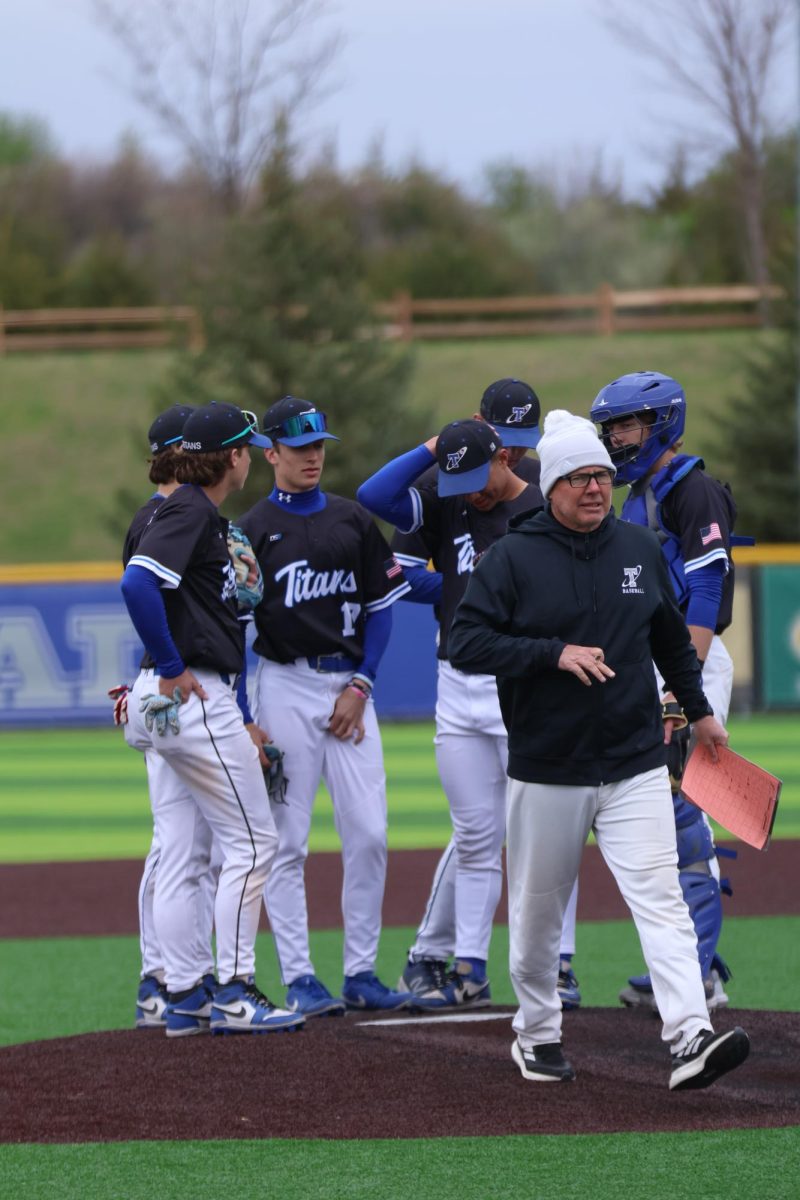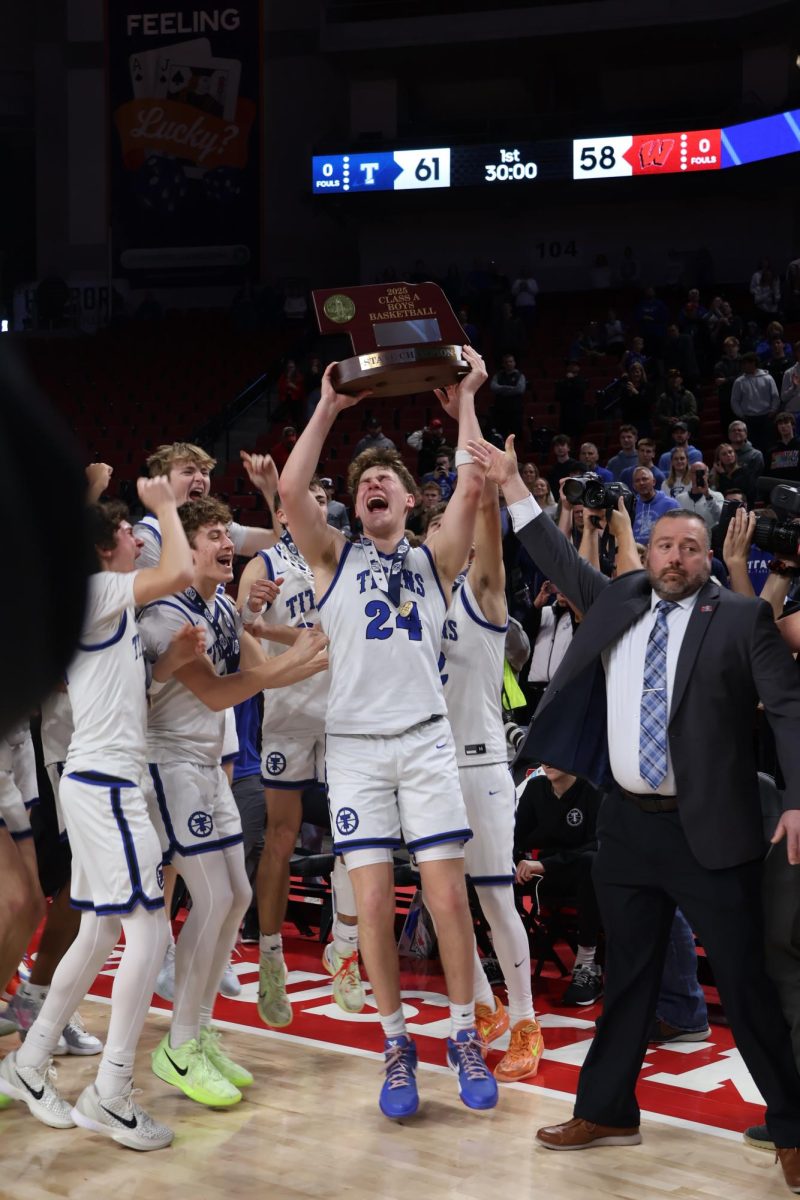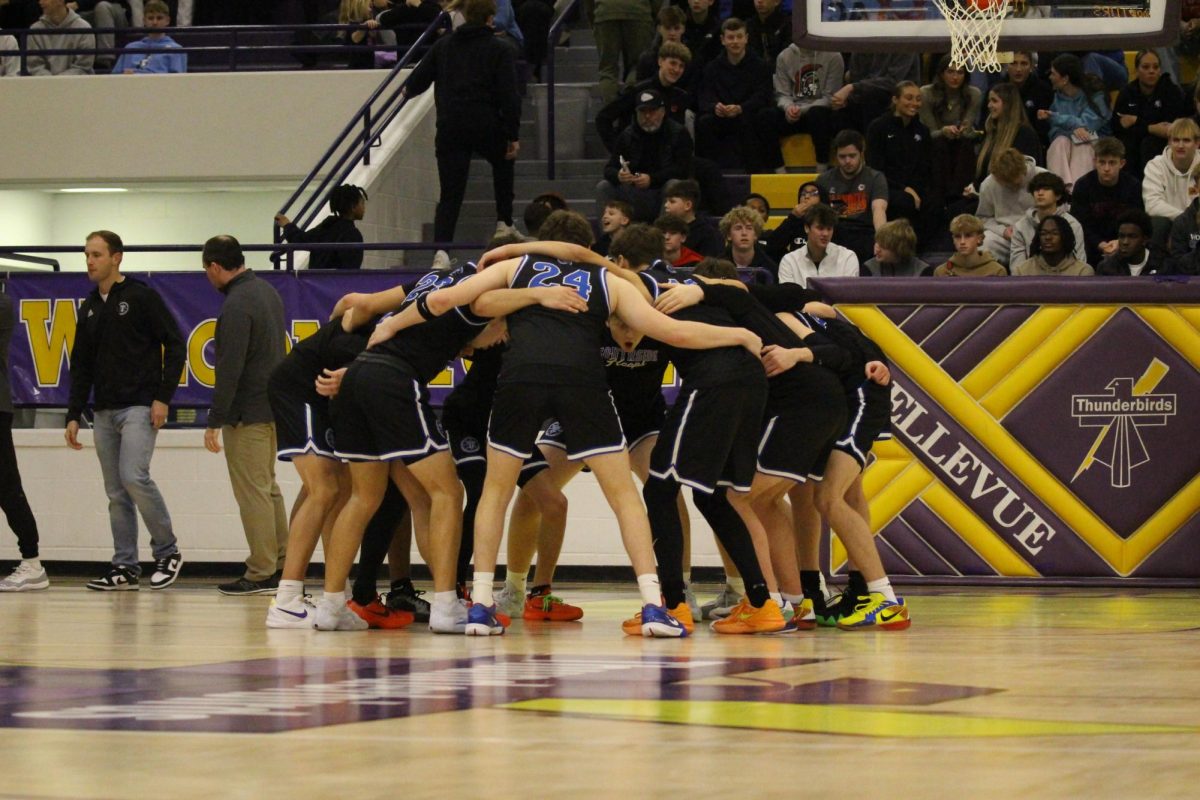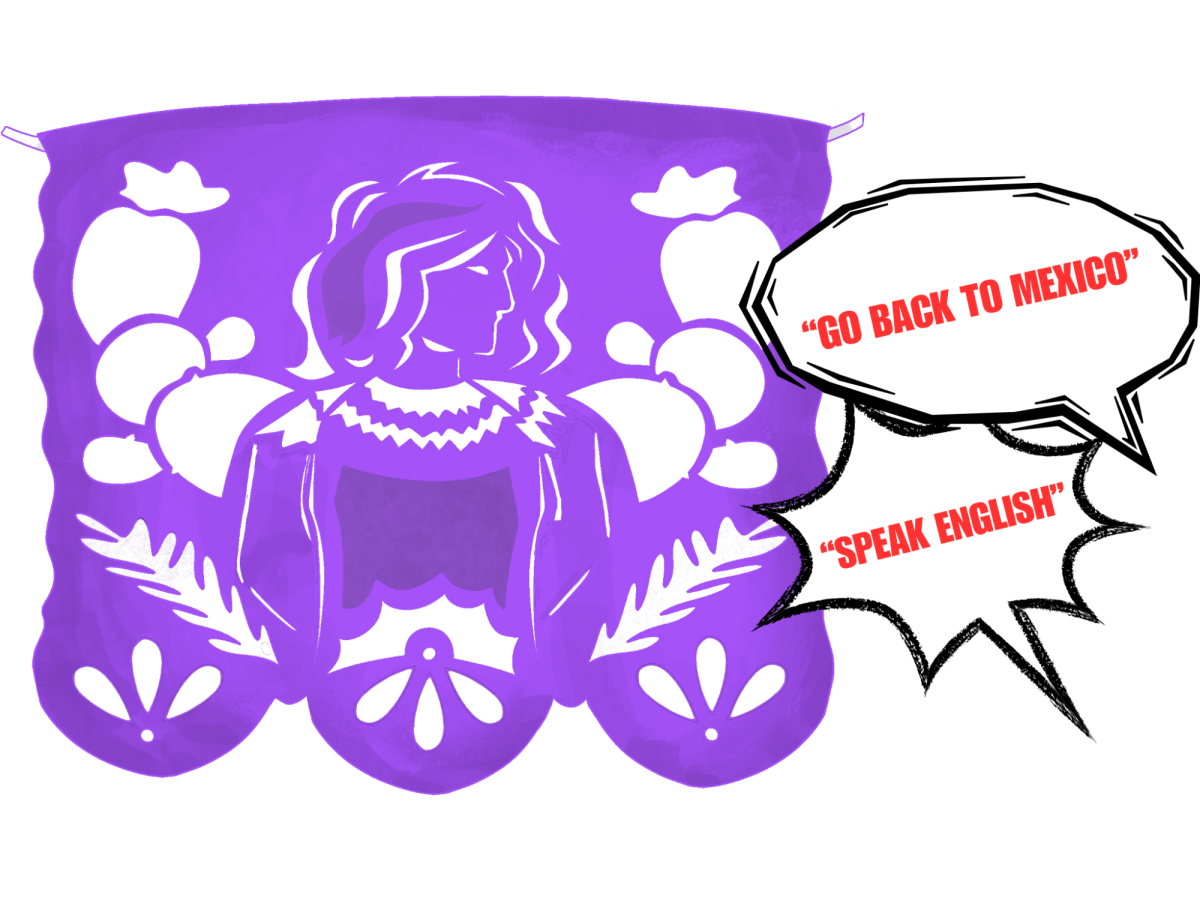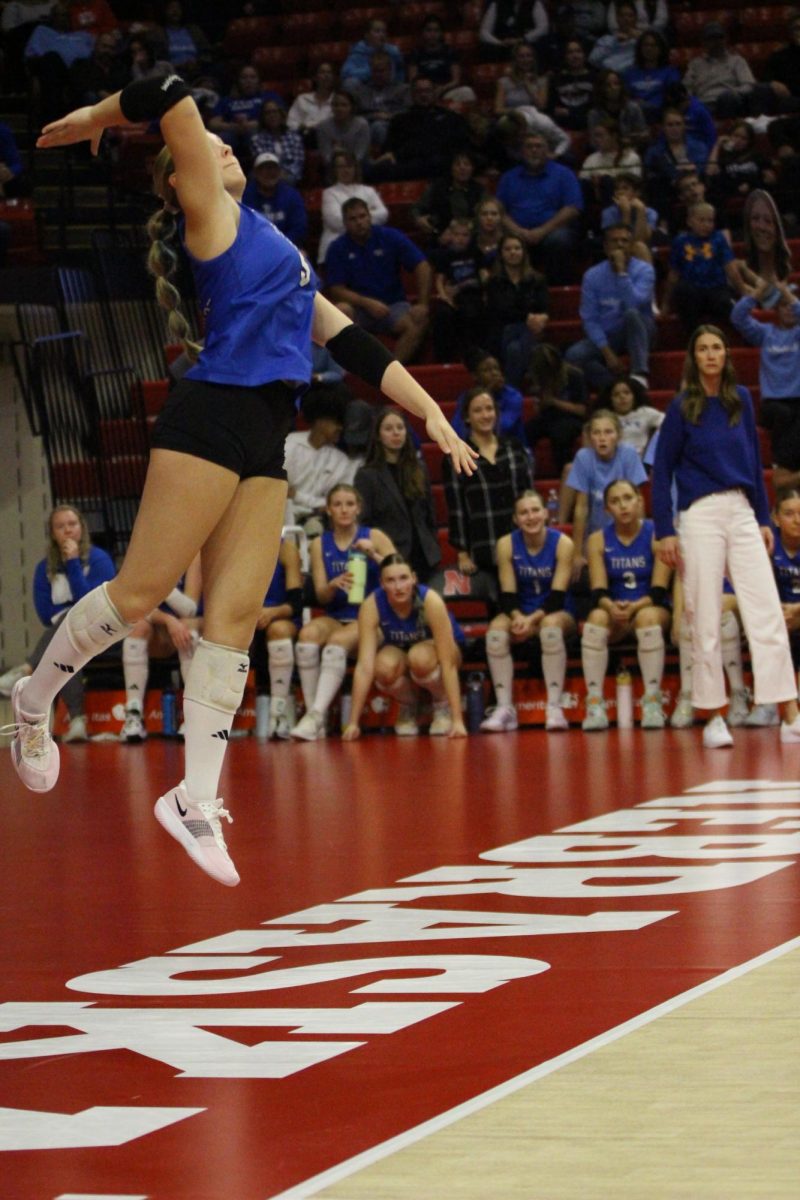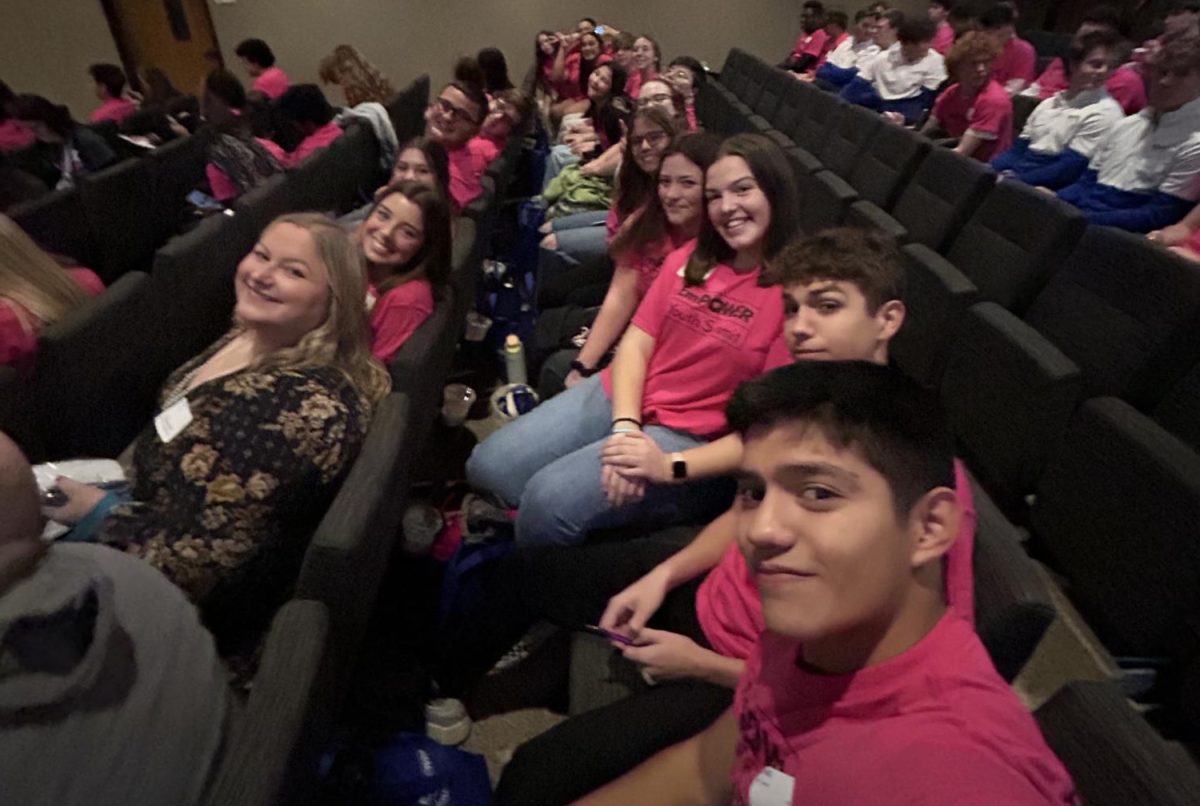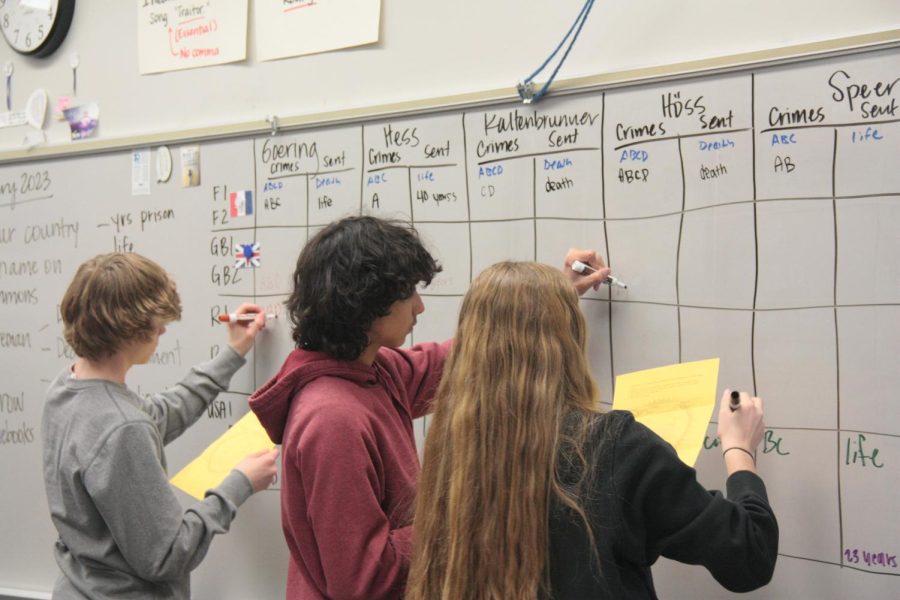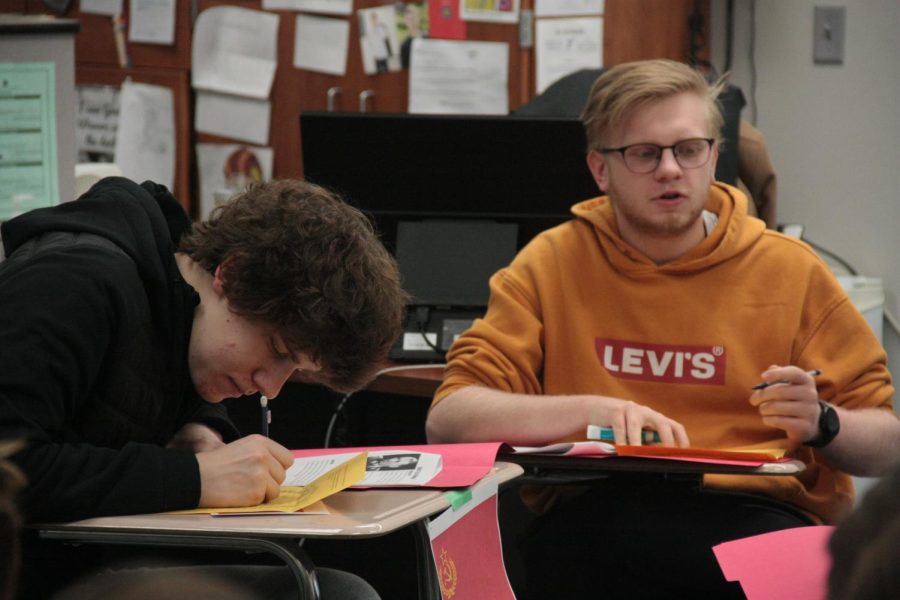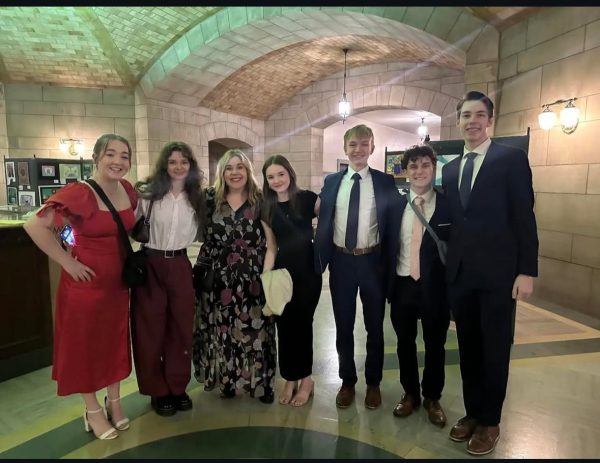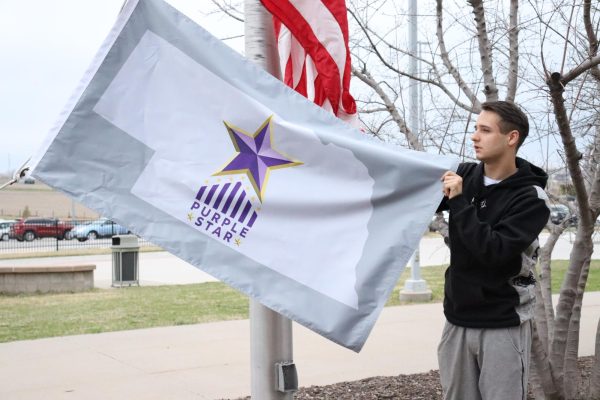Nuremberg Trials test students’ ethics
Student governments deciding the fate of the accused.
Dr. Mike Musil has added an interesting spin to his teaching of the book “Night”: having his English 10 students re-enact the Nuremberg Trials.
“Night” was written by Holocaust survivor Elie Wiesel, who spent time as a prisoner in the concentration camps of Auschwitz and Buchenwald, two of the most notorious death camps in all of mankind’s history.
Musil started the annual project making the connection between “Night” and the Nuremberg Trials six years ago.
For the lesson, eight pods consisting of about three students each, represented different allied governments. Two groups would represent the one government, those being. The United States of America, United Socialist Soviet Republic (USSR/Soviet Union), France and the United Kingdom. Once decided, Judge Musil says that in the begging of class, “I have them all stand in front of me like a real court.”
When all are told to sit, Judge Musil reviews the beginning statement of the real trial. Dimming the lights and reading; each student went quiet and an eerie but respectful silence loomed over the class.
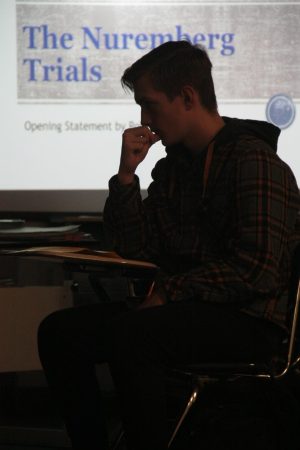
Shortly after Judge Musil had given guidelines to this student body. They were all now the judges, juries and the executioners.
Students decided what the nazi criminals’ sentences were and what charges should go through. Ten year sentences to prison all the way to death sentences were allowed for every group to make.
A red folder labeled by Judge Musil as classified, couldn’t leave the class and each folder had the defenses of the ex nazi leaders. Each student lead group opened the folders and read. Hermann Göring, Albert Speer, Ernst Kaltenbrunner, Karl Dönitz and Rudolf Höss were all the accused and each were looked at in depth by the students.
When every group had finished reading and deciding the charges and verdict a student jury foreman approached the board, writing down what their government decided. Then seeing what the actual verdict was.
Many death and life sentences were given by the student jury, many were wrong. Audible gasps were heard when some of the verdicts were read. Such as Karl Dönitz, which many student groups gave the death or life sentence was given in reality only ten years in prison.
The general consensus from students like Malayah Ginsburg was “They deserved more time.” but Malayah Ginsburg also stated how she’d like more teachers to do activities like this as “It brings a more real lesson.”.
With the bang of a gavel and all the papers picked up, the students are dismissed and a new trial will ensue.
Your donation will support the student journalists of Papillion-La Vista South High School. Your contribution will allow us to purchase equipment and cover our annual website hosting costs.

Hello, my name is Sullivan Bunyan and I'm a Junior this year on Titan Legacy Magazine. I enjoy reading books, playing games and paintball. Among other...

Hello! My name is Paige Miller. I’m a junior, and this is my first year on staff for Titan Legacy and South Star yearbook. I do photography, writing,...


